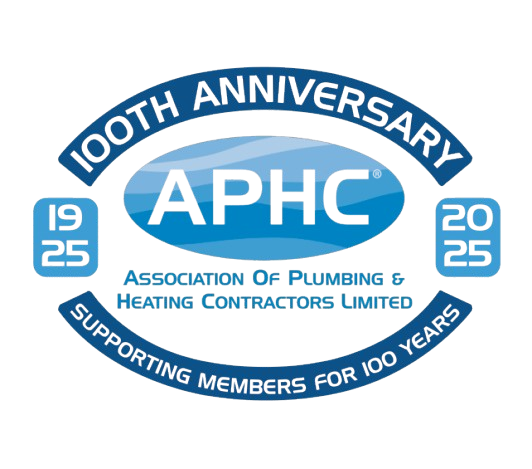In a nutshell, commissioning a system or major component is the process of putting it into safe and effective operation leading to its handover for everyday operation and use by the customer.
Coming at the end of a job, time pressures can sometimes lead to commissioning not taking place correctly with the result being the ‘unravelling’ of all the good work that has gone before it during the design and installation phases.
It goes without saying that a customer is highly unlikely to appreciate leakage from a system component a few days after installation nor a situation where some radiators in a system are falling far short of providing the desired room temperatures.
So….sufficient time needs to be built into any job in order to put the system into safe and effective working order.
In undertaking large contract work it’s usual to see a full commissioning plan for the job outlining how the commissioning process should take place and then detailing the anticipated performance results required of commissioning/testing the system or component.
With smaller residential jobs there won’t be that level of detail, however that doesn’t mean that it’s not as important. In fact most areas of legislation underpinning the installation of plumbing and heating systems and components place great weight on the commissioning process and mandatorily require the issue of commissioning records as part of the handover process in order to demonstrate that everything is safe and functioning correctly. Legislation includes –
- Gas Safety Regulations
- Building Regulations
- Water Regulations
- Electricity at Work Regulations
As an example, under Building Regulations there’s a requirement to correctly commission an above ground sanitation system – requiring a range of tests to be completed to put the system into effective operation.
When it comes to commissioning residential systems then full commissioning details are laid down across a range of different documents including regulation approved documents, British Standards and manufacturer instructions. Invariably the commissioning process for most systems is a three phase process –
- Visual inspection – check to make sure that everything has been installed correctly and is compliant with regulation/standard requirements e.g. the position of the flue termination from a boiler
- Soundness test – the testing process to charge the system and make sure it’s leak free, this may include elevating the pressure inside the system/component for a fixed time period in order to check that it’s sound and leak free
- Performance test – this is the part of the process where a range of tests are carried out to make sure that the system/component is delivering the required outcomes associated with it’s initial design e.g. the flow rate from taps and valves is as per the specification.
There are of course more complexities here and there, for example the heat transfer fluid in a solar circuit may need adequate treatment for frost protection. Nevertheless the commissioning process ordinarily comprises of those three phases outlined.
As the final point there’s normally a mandatory requirement under most regulations to complete a commissioning record outlining the work that has been completed and acknowledging that commissioning has been fully completed and the system/component is functioning correctly. A copy of the commissioning record is then handed over to the customer with a copy retained on file by the contractor. In addition, under certain areas of legislation e.g. Water Regulations, a copy of the sign off record demonstrating compliance with the regulations is issued to the enforcement body e.g. the water supplier.
In summary, the work to complete correct commissioning needs to be thought through and then be built into the time allocation for the job which in turn needs to be costed accordingly.
At APHC we provide a full technical support service which covers advice and guidance on the commissioning process and provides access to a full range of commissioning records for key systems and components. If you’re interested in APHC membership then you can enquire by clicking here


